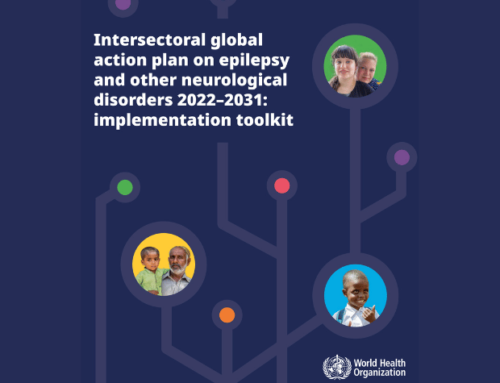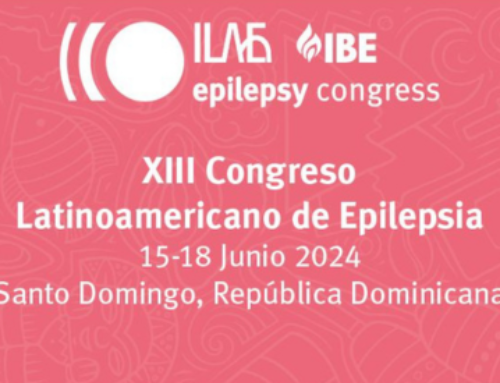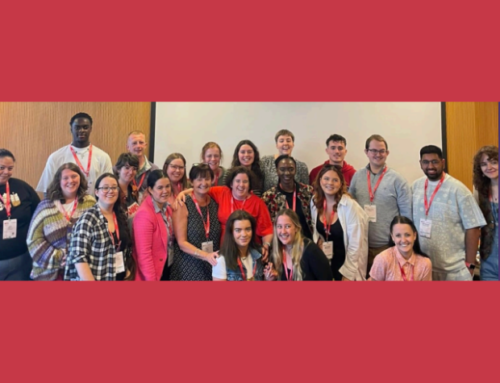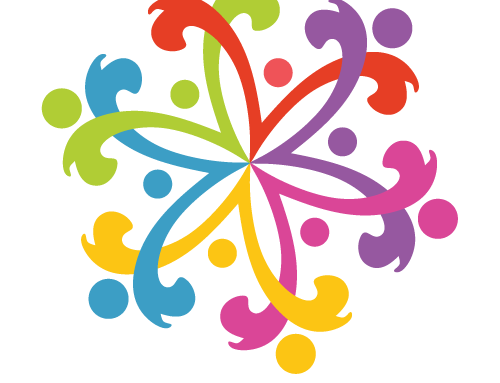Dear Friends,
This toolkit is a milestone in IBE’s commitment to empower people with epilepsy. It recognises that stigma is a major barrier preventing social inclusion and access to health care and treatment for people with epilepsy.
The stigma surrounding epilepsy takes many forms and infects every aspect of the lives of people with epilepsy.
Stigma is present in the family, community, school, clinic, and workplace. As a result, people with epilepsy tend to hide their condition and are precluded from a life of dignity.
This toolkit is full of resources, ideas, and guidance for addressing and dismantling stigma in the various communities on the African continent. The toolkit was developed to help advocates to be proactive in shaping communities that are inclusive of the needs of all people with epilepsy.
I am grateful to all who contributed to this project which brings us one step closer to a transformational social change so badly needed by people with epilepsy in Africa.
–Francesca Sofia, President IBE
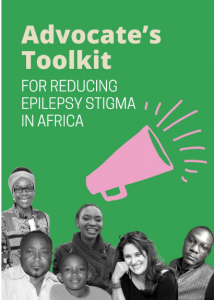
WHO THIS TOOLKIT IS FOR AND HOW TO USE IT
This toolkit is intended to be a ‘how to’ guide for recognising distinct types and forms of stigma.
It contains practical information, best practice examples, case-studies and templates to enhance an advocate’s capacity to engage in effective stigma reduction interventions.
It is a companion to the Advocate’s Toolkit for Making Epilepsy a Health Priority in Africa and Epilepsy: A public health imperative.
HOW THE TOOLKIT WAS DEVELOPED
IBE chose a community based participatory approach, inviting people with epilepsy and their families to identify the content for this toolkit. This approach underscores the importance of having people with epilepsy engaged in the development of stigma reduction interventions.
People with epilepsy, their care providers and care partners can provide unique insight into the socio-cultural aspects of stigma and are best suited to identify the personal impact of social marginalisation and discrimination. People with lived experience understand the perspectives of the specific target audiences and can help determine the best mechanisms or platforms to reach them.


